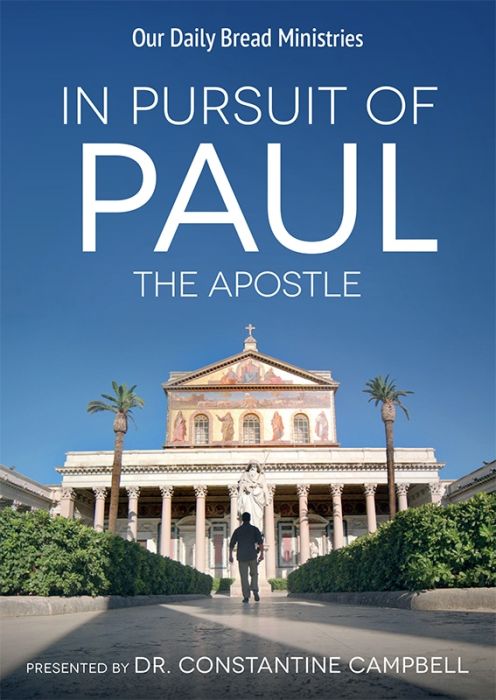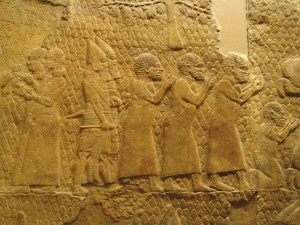Peter’s view of the Old Testament and Paul’s writings
Some modern Christians believe the Old Testament (OT) was simply the word of man and is fallible, and some even believe that only the words of Jesus were divinely inspired. Below, we will examine the Apostle Peter’s view of the OT and also his view on his fellow apostle Paul’s writings:
“Above all, you must understand that no prophecy of Scripture came about by the prophet’s own interpretation of things. For prophecy never had its origin in the human will, but prophets, though human, spoke from God as they were carried along by the Holy Spirit.” (2 Peter 1:20-21)




